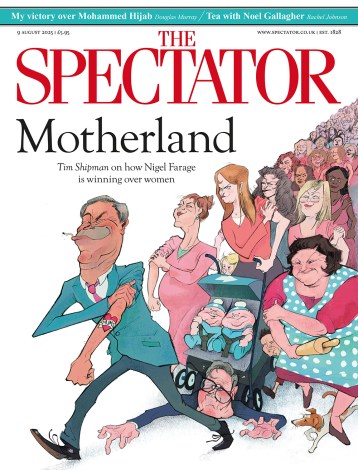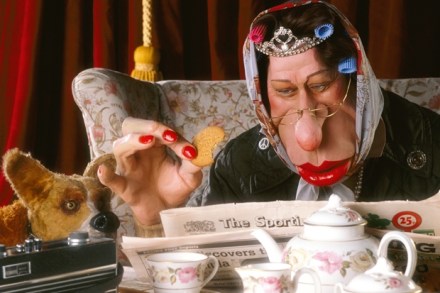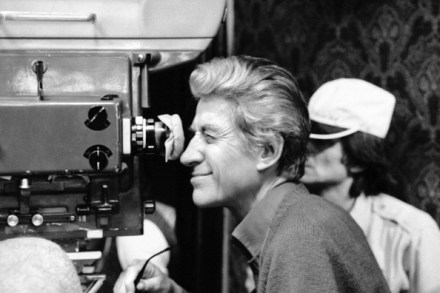Ivan Vasiliev and Roberto Bolle: interview with ballet royalty
In 1845, the theatre impresario Benjamin Lumley made history by inviting the four greatest ballerinas of the day to appeartogether on the stage of Her Majesty’s Theatre in London. It is fitting, therefore, that next week, 169 years later, Sergei Danilian’s internationally acclaimed project Kings of the Dance should reach the London Coliseum. After all, the project, which had its world première in 2006, is a modern adaptation of an old idea, even though it is an all-male event this time round, and more than just an exploitation of trite balletomania, which is probably what Lumley went for. Echoes of the old balletomania can be found in the title itself,



















